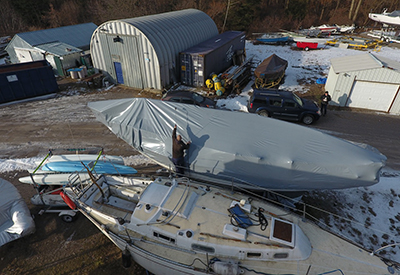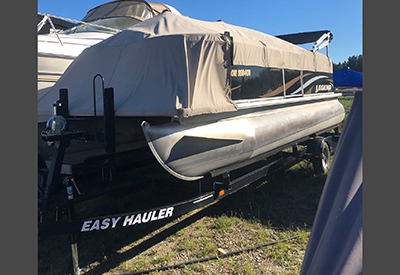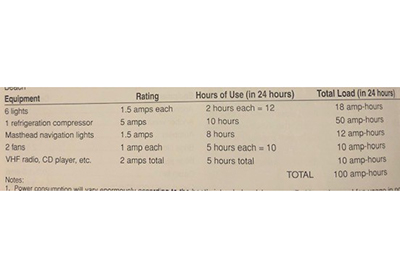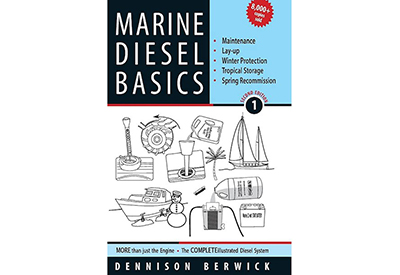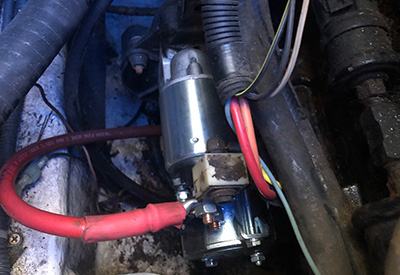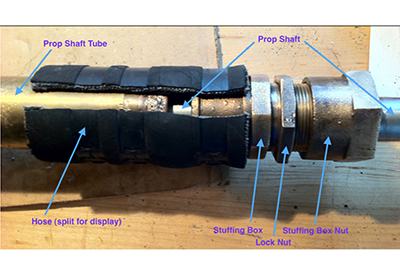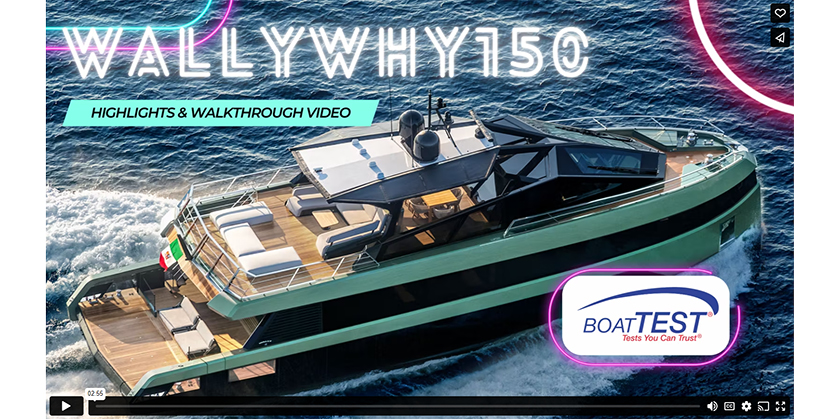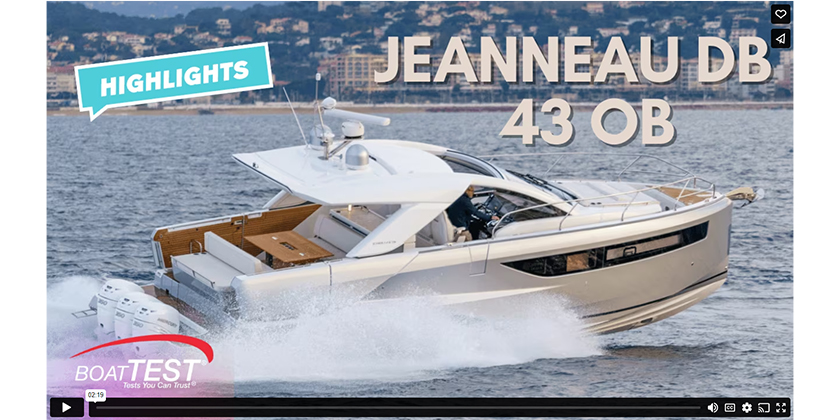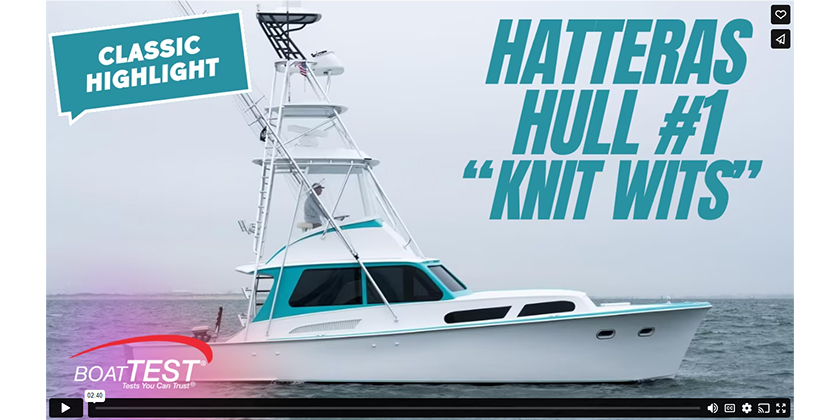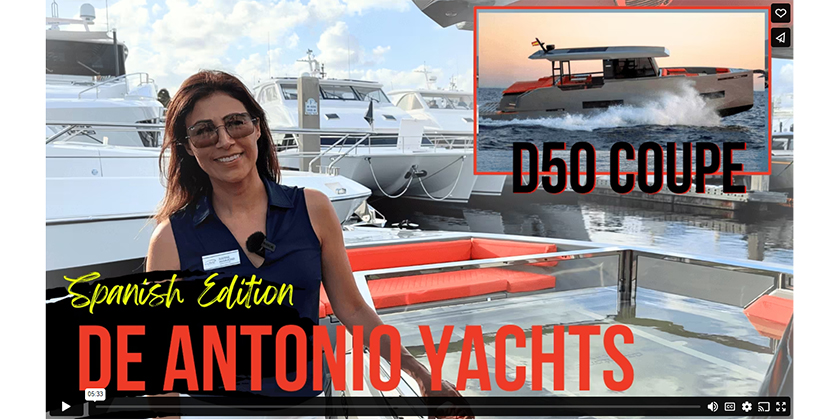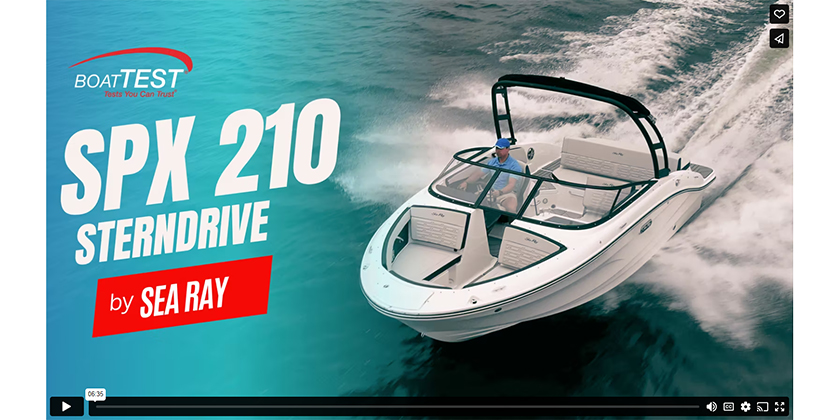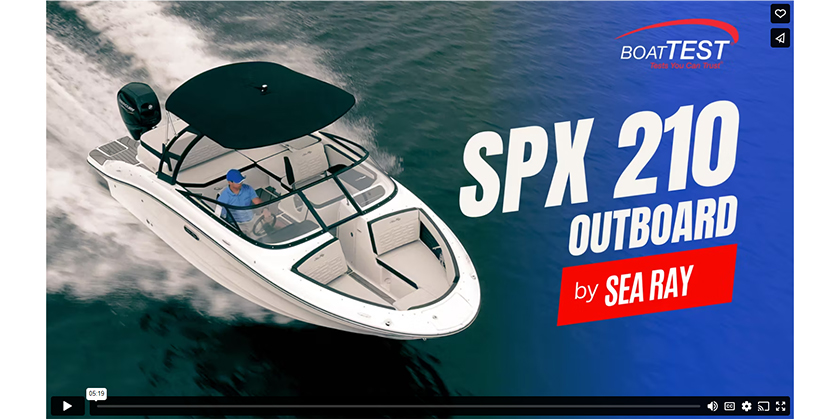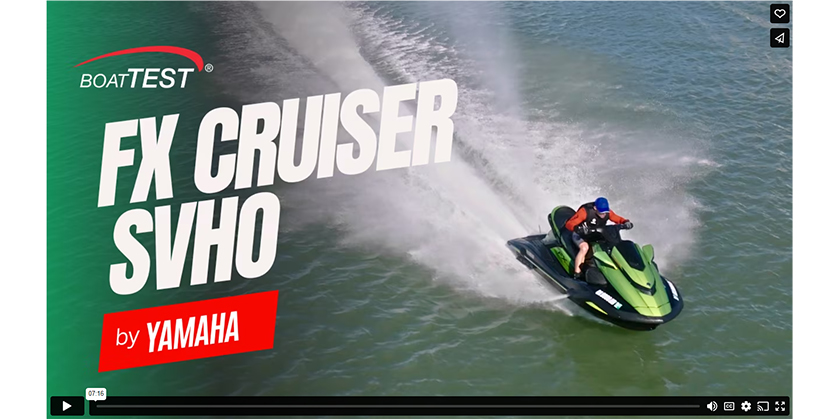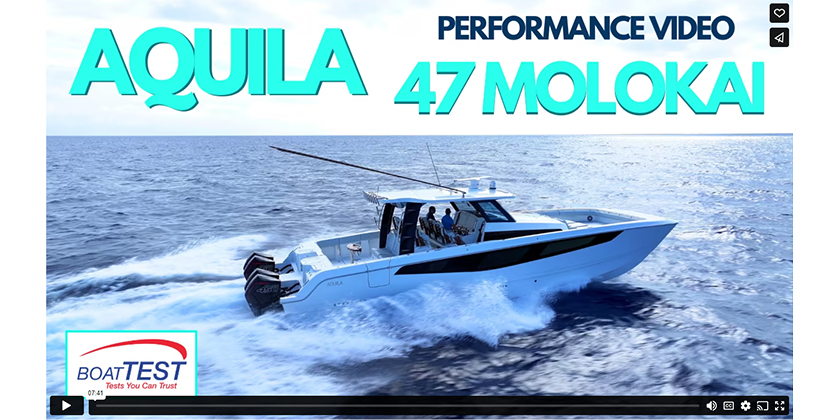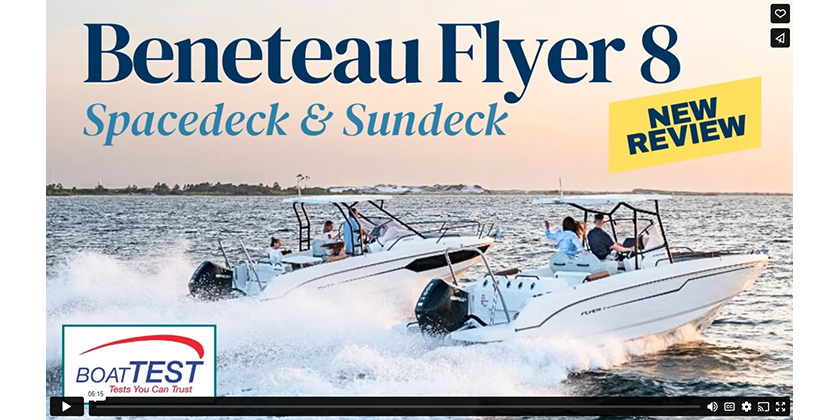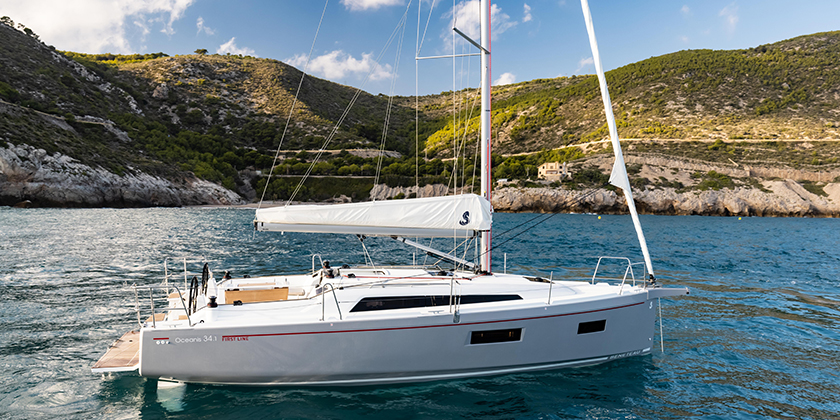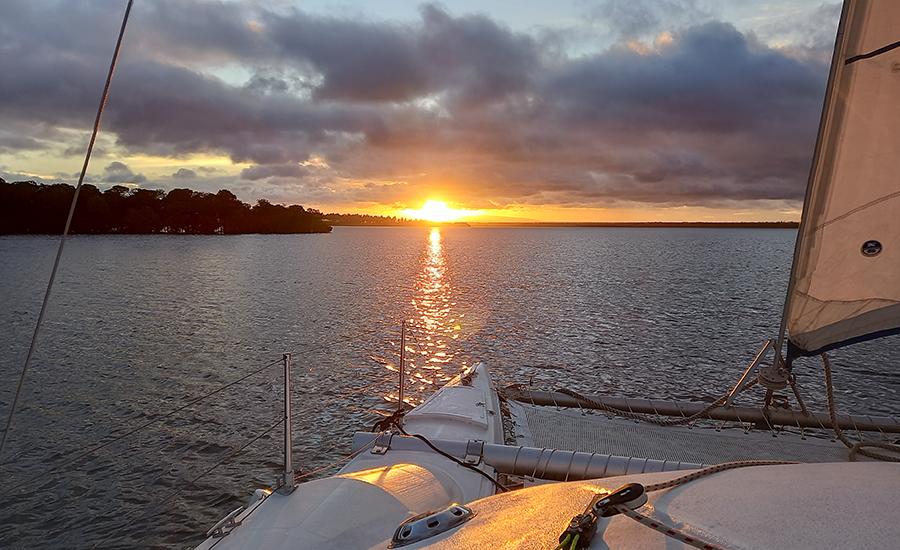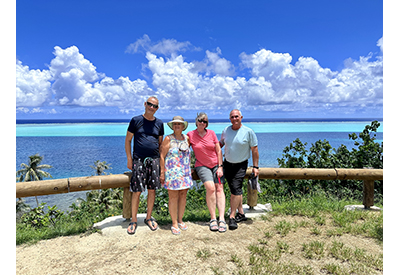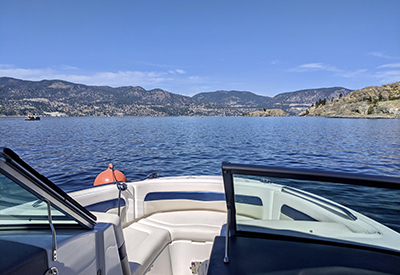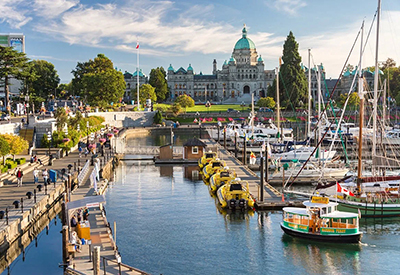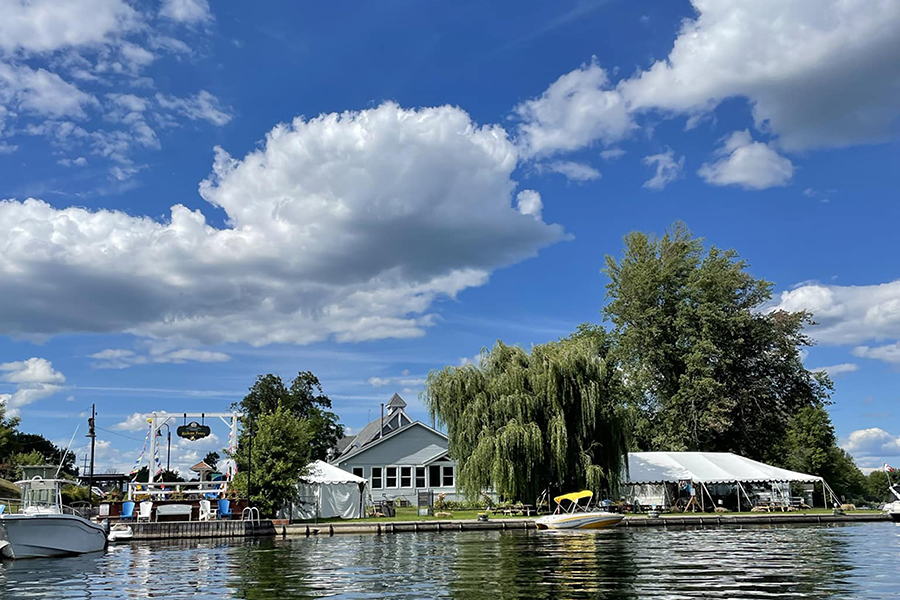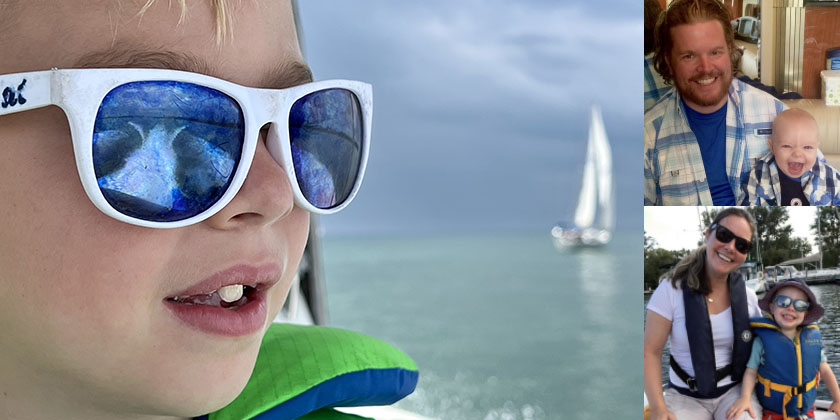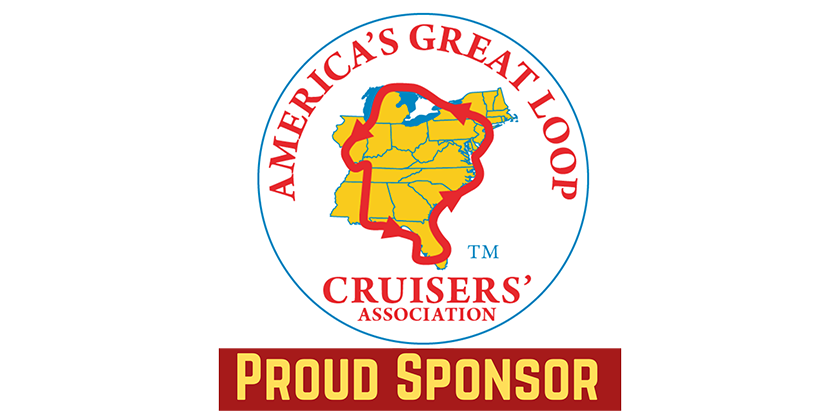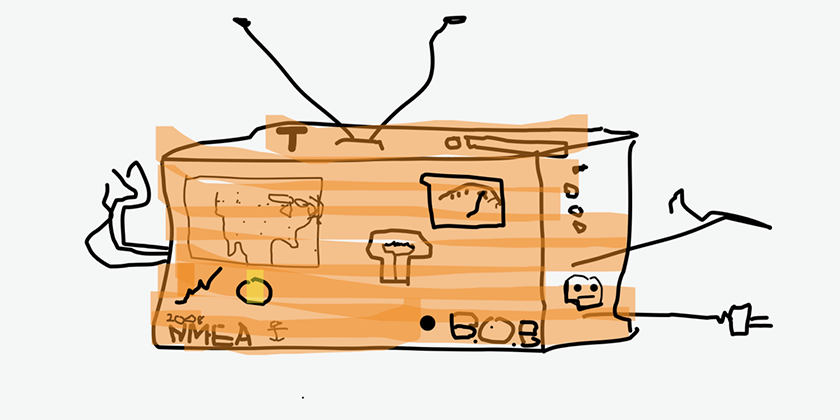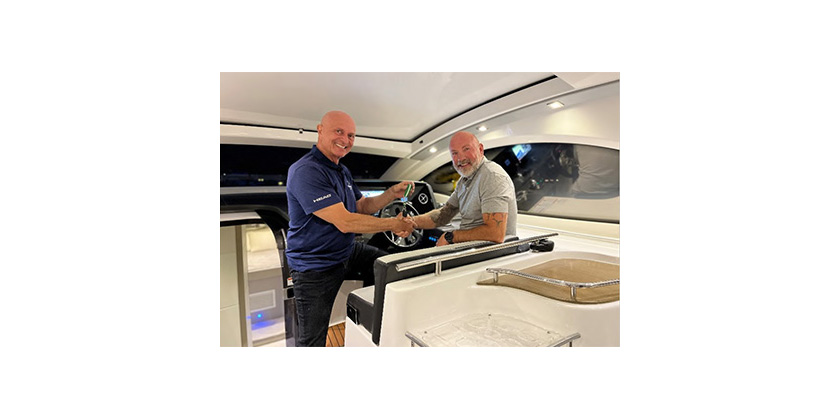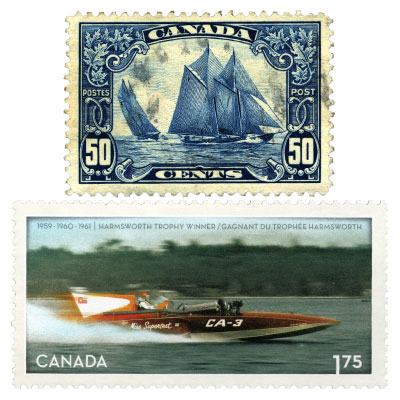Ask Andrew – What’s in a survey?
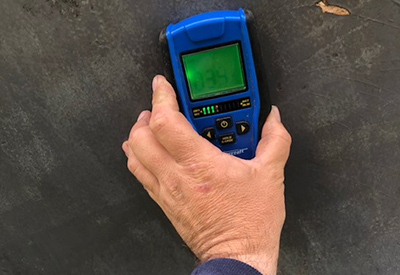
July 12, 2019
A surveyor using a moisture meter to check the moisture content of a fibreglass hull
I’ve found, in speaking with boaters the last few years, that a vessel survey is a misunderstood topic. Most of us hear “I need to get a survey” from fellow boaters, at the request of their insurance company. Many boaters wishing to buy or sell a boat will also request a survey.
But, what is it? When you arrange to have a survey done, what are you buying? What qualifications does a surveyor have? What questions should you ask, or issues should you consider before arranging a survey?
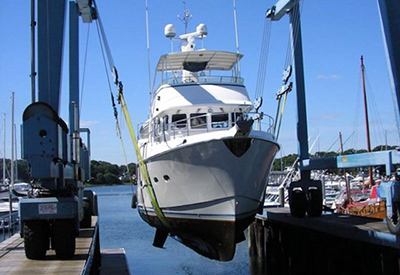 A boat being hauled out to allow the surveyor to see and assess the underwater components of the vessel.
A boat being hauled out to allow the surveyor to see and assess the underwater components of the vessel.
There are a number of types of common surveys: A ‘pre-purchase, condition and valuation survey’ is likely the most common –this is what an insurance company will request, and the survey that can be relied upon in a purchase or sale. This survey will tell you a number of things:
1) The vessel particulars – length, draft, beam, displacement, year of build, builder, layout and arrangements
2) Any anomalies, changes or upgrades from the original build
3) Equipment installed: electrical panels, electronics, navigation, safety equipment, engine, transmission, etc
4) The structure: how it was built, current state, moisture readings (in fiberglass and wood), ultrasonic thickness tests (aluminum and steel)
5) Any issues to be addressed (when compared to a particular standard), and the opinions of the surveyor
6) An opinion of value (based on what the surveyor has seen aboard, and compared with other listings of similar vessels)
Who is a surveyor, and how do you choose one? I once heard it said that the marine industry is like the Wild West: Anyone can hang their shingle and sell him or herself as a surveyor, marine electrician, marine mechanic, or naval architect. So: A good place to start is with SAMS (Society of Accredited Marine Surveyors – www.marinesurvey.org). A person who has completed the requirements set out by SAMS is an ‘Accredited Marine Surveyor’ – indicating that their surveys are reliable, thorough, based on standards, and that the surveyor will act in an ethical manner. This doesn’t mean that a person has to be a member of SAMS in order to do survey work (in fact, in order to become accredited, the applicant must show examples of past surveys completed). You may also wish to ask your insurance company for a recommendation, as well as staff/members at your yacht club or marina.
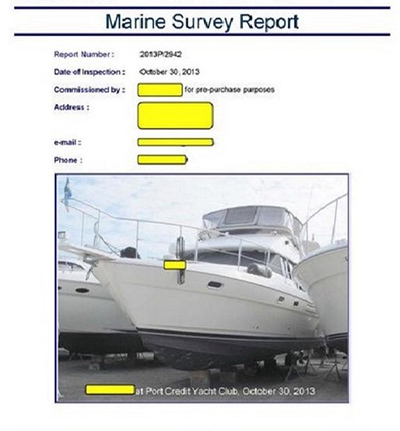 An example of a marine survey
An example of a marine survey
Why get a survey? The most common reason (from personal experience) that boaters have a survey done is at the request of their insurance company. The insurer wants to know the current state of the vessel, asses their liability, and get an idea of its current value. The insurer may see risk in some of the findings in a survey, and will ask to have these remedied before offering coverage.
An interesting point to note: The recommendations made by the surveyor are the opinion of the surveyor based on what they’ve seen first-hand on the day in question. The surveyor may make recommendations based on personal opinion or preference, or what they feel is ‘safe’ or ‘right’. That said, a quality survey will reference a set of standards in their recommendations – (ABYC – The American Boat and Yacht Council – standards are considered the most comprehensive) – but these standards are also recommendations, and not compulsory. (To put it bluntly, as an example: There is no ‘electrical code’ for boat wiring. You can wire your boat any way that you like. However, your insurance company may not like it, and want to hear first-hand what its current state is, and what the surveyor recommends as ‘safe’).
This lack of standardization, both in terms of the qualifications of the surveyor, as well as the lack of legal standards for boat safety leaves of lot of ambiguity and uncertainty. Here’s a few questions to ask in order to get the best value when arranging for a survey:
1) Surveyor qualifications – what is their background in the marine industry, and have they done surveys before? Have their surveys been accepted by an insurance company?
2) What standards does the surveyor follow? Will they reference standards before making recommendations?
3) How is the valuation done? What type of comparisons does the surveyor use to determine the value of the vessel?
4) Can the surveyor provide a sample survey? (Redacting vessel and client specifics, and saving as a .pdf file is an easy way for a surveyor to provide a sneak-peak into what the client will receive once the survey is complete
It’s my personal opinion that having a survey done, shouldn’t be a dreaded experience. Yes, there is a cost in hiring a surveyor to perform the work – but a quality survey will point out items that should be looked at in order to keep the boat (and the passengers aboard) safe, and operating correctly.
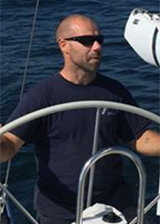 Andrew McDonald is the owner of Lakeside Marine Services – a boat repair/maintenance firm based in Toronto. Andrew has worked in the marine industry for 12 years and is a graduate of the Georgian College ‘Mechanical Techniques – Marine Engine Mechanic’ program.
Andrew McDonald is the owner of Lakeside Marine Services – a boat repair/maintenance firm based in Toronto. Andrew has worked in the marine industry for 12 years and is a graduate of the Georgian College ‘Mechanical Techniques – Marine Engine Mechanic’ program.
Questions or comments for Andrew? Email him directly via: askandrew@lakesidemarineservices.ca

